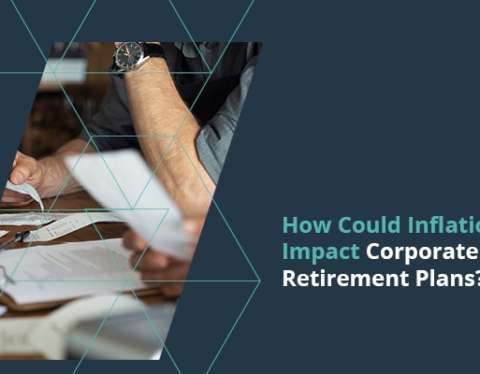The recent U.S. independence holiday is a perfect time to help retirement plan participants prepare for their financial independence day. Interestingly, many people will actually spend more time planning parties and summer vacations than they will their retirement planning strategy.
Yet, clearly retirement readiness should garner at least as much attention as hanging bunting, picking out red, white and blue tableware, making campsite reservations, or purchasing plane tickets to far-off locales.
”More than one quarter (28 percent) of Americans say they spend more time thinking about vacation planning, compared to planning for retirement (25 percent) or the cost of higher education (22 percent),” according to Edward Jones. The company’s June 2014 survey found age played a role in the responses, with older adults thinking more about both retirement and vacations.
So, how do you help extend those holiday and vacation planning skills to include retirement planning? First and foremost, you need to tap into those elements of joy and excitement that workers associate with their more immediate down time and help them see the same associations with retirement.
While retirement may not quite equate to a lifelong summer vacation, it can be filled with many positive attributes. As discussed in the Changing Attitudes Refocus Retirement Vision blog this month, many older workers are starting to shift their idea of retirement from a sedentary lifestyle to one filled with new opportunities and pursuits, social engagement, and diverse activities.
By helping younger workers think about the kind of person they want to be in the future and the kinds of things they want to do during that time, you can help remove some of the disassociation with the future and make retirement more real and tangible.
Consider starting retirement plan meetings by holding off on the numbers for a few minutes. Instead, get employees thinking about the person they want to be in the future. What is that person like? What does he/she do? What makes them happy, and feel fulfilled and accomplished? If employees need help, provide some of the following examples to get them thinking about and envisioning their future selves.
Mentor and volunteer – The skills and knowledge acquired during 40-plus years of working can be a goldmine for the many companies and non-profit organizations looking for help and assistance. For instance, managerial and leadership skills can often apply to various industries, so people can offer their services to a wide range of organizations. Interestingly, this can mean a former project manager can help a manufacturer or service-oriented company improve process flow or organizational development.
Never stop learning – While circumstances, initial education, and job opportunities may send workers down one career path, retirement can provide a chance to explore those roads not taken, and possibly even create a new hobby. The potential to learn and explore during retirement is tremendous, particularly when people consider long-harbored desires to pursue different skills or expertise. A handful of classes or a college degree are not out of the realm of possibilities.
Travel and explore – While 20 or more years of vacationing is pretty much impossible for most people, retirement does provide a much more flexible travel schedule for the times when retirees do vacation. No longer are people limited to a set number of weeks or floating holidays, and other constraints like school schedules are typically eliminated. With this flex-time, people can find cheaper and/or less crowded times to travel, vacation, or explore sight-seeing hot spots. Late spring and early fall months now become great times to miss the crowds and obtain a more in depth look at new places or cultures.
Help your employees gain financial independence by making the future as enticing as their next holiday or vacation. Planning for retirement can be just as fun as researching great places to visit or deciding which holiday decorations to use or fireworks to purchase. With introspection and visioning, retirement readiness can be an exciting life chapter.
The opinions voiced in this material are for general information only and are not intended as authoritative guidance or tax or legal advice. You should consult with your attorney or advisor for guidance on your specific situation.



